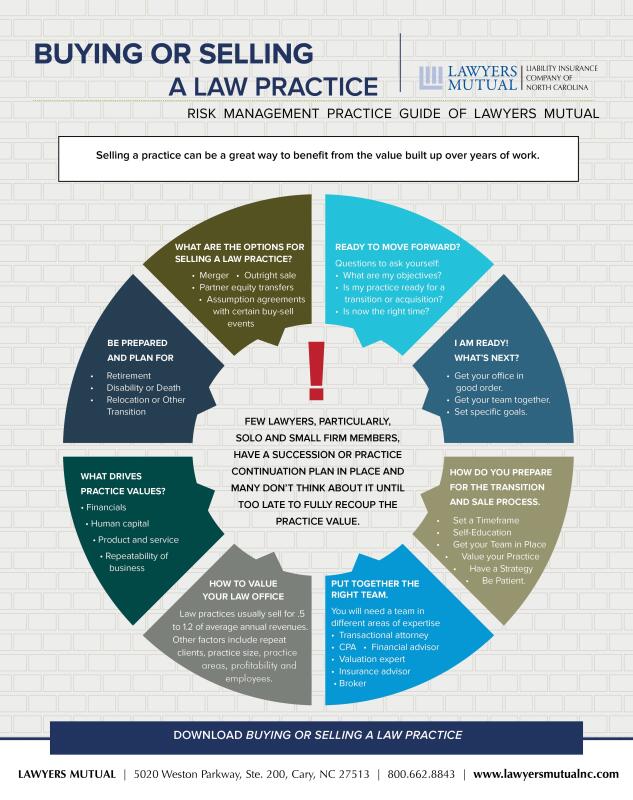The Function Of Proof In Criminal Defense: Trick Realities You Must Know
The Function Of Proof In Criminal Defense: Trick Realities You Must Know
Blog Article
Write-Up By- https://www.snaderlawgroup.com/how-to-be-a-good-witness-17-tips-before-you-testify/
When you think of criminal protection, evidence is frequently the first thing that enters your mind, and permanently reason. It's the structure upon which your case stands, shaping the story and affecting the jury's assumption. Various types of proof, from physical to digital, each play a distinct role in establishing a protection. Yet not all evidence is dealt with similarly; admissibility standards can make or break your defense method. Comprehending these nuances is important, particularly when considering just how they can influence the outcome of a trial. So, what should you learn about these criteria?
Kinds of Evidence
When it comes to criminal defense, comprehending the types of proof can make all the difference in your case. Evidence falls into several groups, each playing a vital role in establishing the facts of your circumstance.
One common type is testimonial evidence, which includes statements made by witnesses. Their accounts can give insight right into what occurred and can either support or test the prosecution's claims.
Physical proof is an additional vital kind, including substantial items like weapons, apparel, or fingerprints. This kind of proof can directly connect you to a criminal offense or help refute accusations versus you.
Then there's documentary proof, that includes records, photographs, or any kind of written materials essential to your case. These records can supply a timeline or context that's essential for your defense.
Lastly, you can't ignore electronic proof, which includes data from smart devices, computer systems, or social media. This type of proof can disclose essential information concerning your activities or interactions.
Admissibility Specifications
In criminal protection, the admissibility of proof is vital to your instance's result. You'll require to understand the criteria that establish whether proof can be used in court. Generally, evidence has to matter, reputable, and acquired legally to be taken into consideration acceptable.
Significance implies the evidence needs to straight connect to the situation and aid confirm or refute a reality moot. If it doesn't connect to your protection or the charges against you, it might be excluded.
Dependability ensures that the evidence is reliable and trustworthy; for example, eyewitness testimony can be called into question if the witness has a history of unreliable accounts.
Additionally, proof should be gathered in accordance with legal procedures. Any kind of proof gotten through unlawful means, such as an unlawful search or seizure, may be deemed inadmissible under the exclusionary guideline.
Comprehending these requirements can empower you to function successfully with your attorney. They'll navigate the complexities of these guidelines to reinforce your protection, guaranteeing just the most effective proof is presented in your support.
Constantly bear in mind, the admissibility of evidence can substantially influence the court's perception of your instance.
Effect On Protection Approaches
The admissibility of evidence directly shapes your protection techniques. When proof is considered admissible, you can use it to build a solid instance. On the other hand, if proof is ruled inadmissible, you require to pivot your approach. Understanding what proof the prosecution can present aids you anticipate their disagreements and prepares you to counter them efficiently.
You'll intend to concentrate on gathering evidence that supports your protection. This might consist of witness statements, expert testament, or files that difficulty the prosecution's claims. The objective is to develop reasonable doubt psychological of the jurors. If particular items of evidence are weak or contentious, you might think about a method that stresses other solid aspects of your case.
In addition, the kind of proof-- whether it's forensic, testimonial, or digital-- will certainly dictate exactly how you connect your protection. You'll need to craft compelling narratives that reverberate with the jury while utilizing admissible proof to back up your cases.
Eventually, your method should be flexible, enabling you to adjust as brand-new evidence emerges or as rulings are made. Each decision you make need to line up with the goal of guaranteeing the very best feasible end result for your situation.
Conclusion
In criminal protection, proof plays a crucial role fit your case. By recognizing the various sorts of proof and their admissibility criteria, you can enhance your defense strategy and develop sensible uncertainty psychological of jurors. Teaming up closely with your lawful guidance ensures that your evidence exists successfully and adapts to any brand-new developments during the trial. Eventually, the best proof can make all the distinction in achieving a beneficial outcome.
